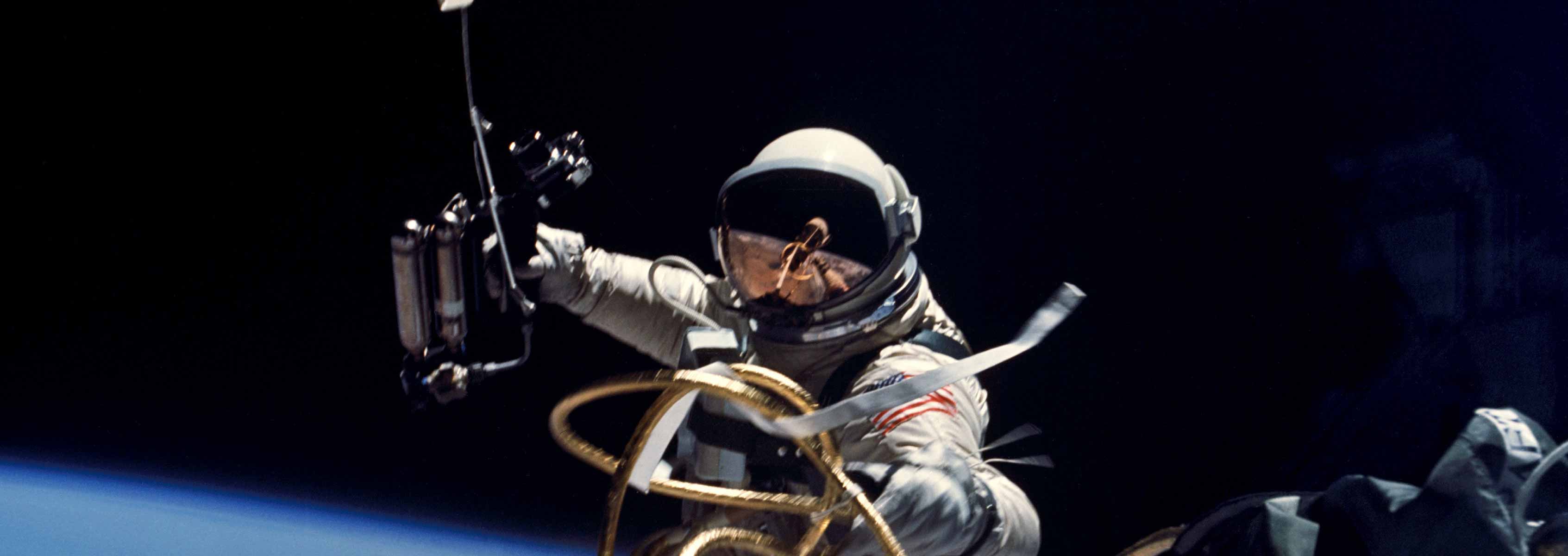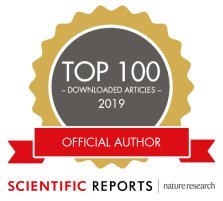Astronaut Microbiome

Our goal is to determine how the composition of the human microbiome changes during long-term space exploration and to evaluate its potential impact on Astronauts' health. Some microbial species from the human microbiome have a beneficial or protective effect on health; the loss of these species can lead to an altered metabolic function and, in conjunction with reduced immune response, may increase the chance of infection by opportunistic pathogens. In our proposal we will elaborate the notion of the microbiome as harbingers or sentinels to monitor a variety of aspects of the human host, including associations with health status, environmental stress, and exposure to space conditions. By sampling the microbiome of astronauts on earth while in peak physical health and during subsequent times of stress, including long-term exposure to microgravity, g-forces, radiation and changes in health status, we will be able to define signatures of human response to a variety of relevant aspects of space travel.
We propose to characterize the prokaryotic and viral microbiome from various body sites as well as fecal samples of up to nine astronauts that travel to the International Space Station for six months. Astronauts will be sampled at several time points before, during, and after a space mission. Also we will assess the astronauts' immune function before, during, and after the mission by analyzing their collected saliva samples for reactivated latent viruses and cortisol levels, two indicators commonly evaluated during spaceflight immune studies, and by measuring cytokines from blood samples. Finally, we will correlate the microbiome and immune function data collected with other measured metadata including astronaut health and hygiene as well as environmental factors such as temperature, humidity and environmental metagenomic sequence samples that will be collected, depending upon availability, from various surfaces on the International Space Station.
Funding
Funding for this project provided by NASA.
